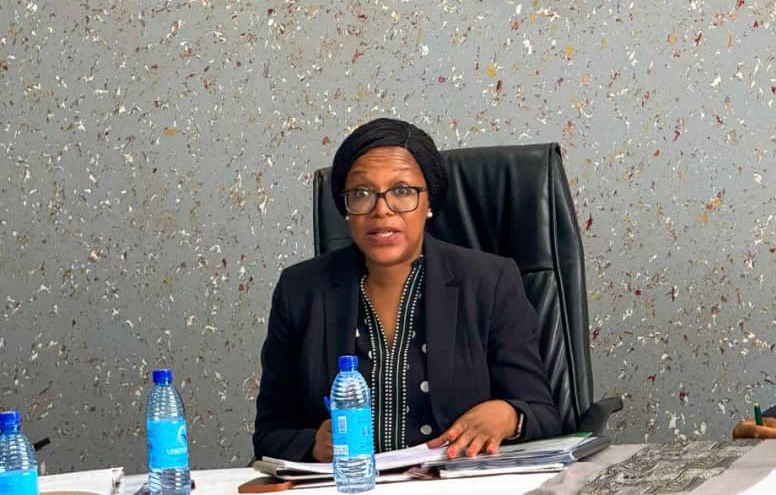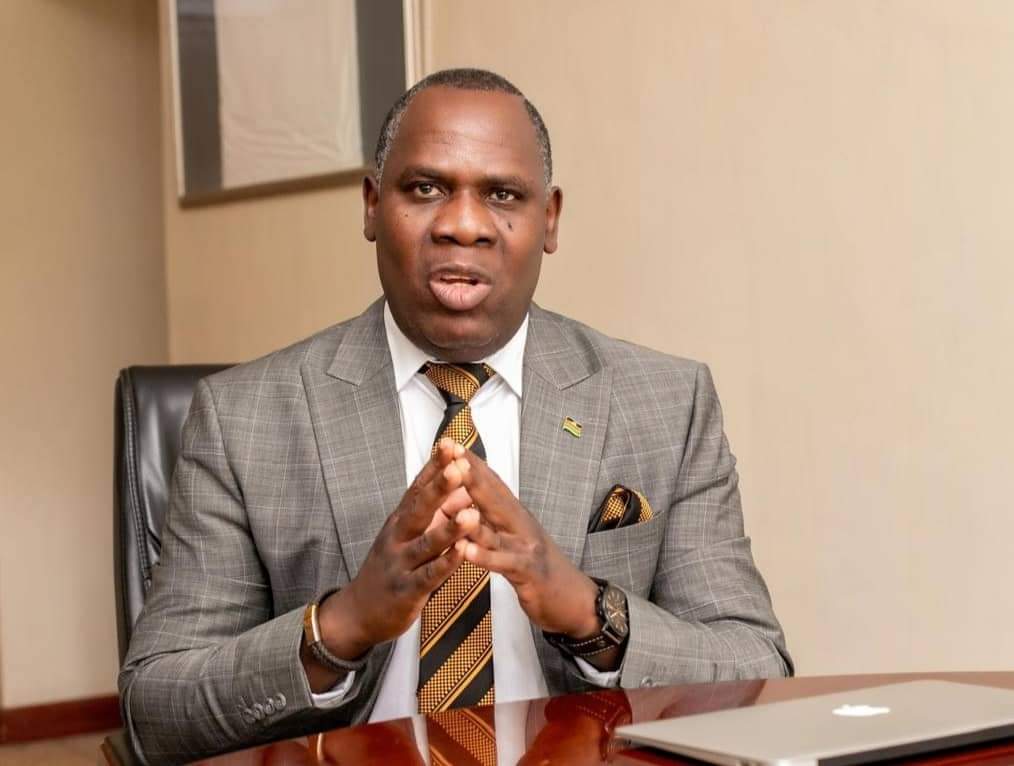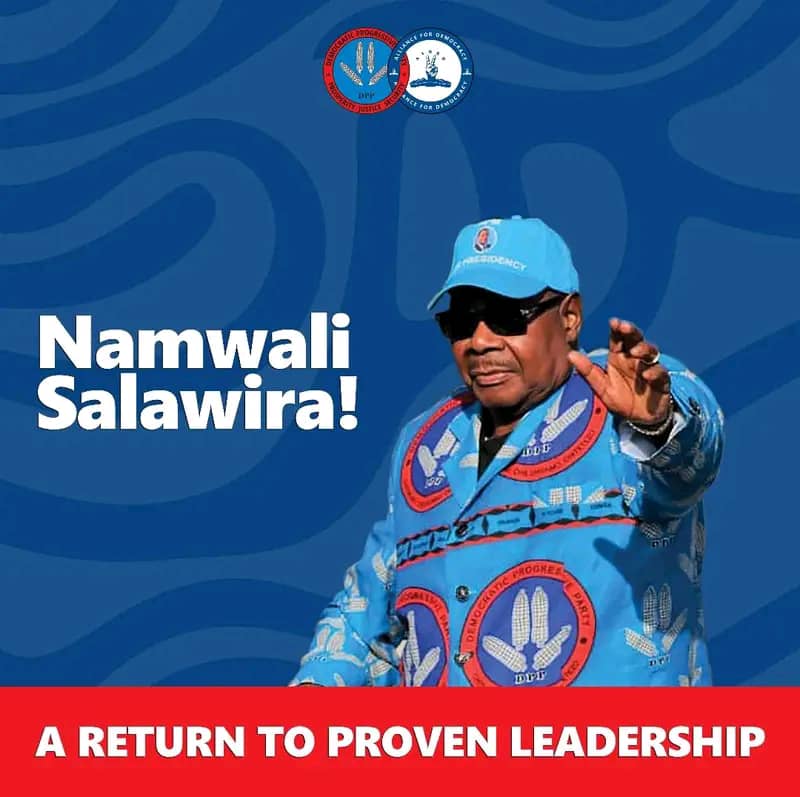By Burnett Munthali
The Malawi Electoral Commission (MEC)’s rejection of the opposition’s call for an independent audit of the Election Management System (EMS) marks a pivotal moment in the lead-up to the 2025 general elections.
While MEC cites its constitutional independence and concerns about system security, this decision has left opposition parties and many citizens questioning the transparency and credibility of the electoral process.
However, despite this setback, opposition parties are not without recourse.
The Constitution of Malawi, particularly Section 40(1)(c), guarantees every citizen the right to participate in peaceful political activity intended to influence the composition and policies of the government.
This includes advocating for free, fair, and credible elections, which may be interpreted to cover demands for electoral audits and oversight.
Moreover, Section 12 of the Constitution, which enshrines accountability and transparency as guiding principles of governance, can serve as a constitutional foundation for the opposition’s position.
Where MEC is alleged to be failing in transparency, citizens and political stakeholders have the right to demand mechanisms that ensure electoral integrity.
In this case, an independent EMS audit falls squarely within such a demand.
In addition, Section 43 of the Constitution provides that every person shall have the right to be given reasons for administrative decisions affecting them.
MEC’s letter offers a general justification for rejecting the audit but may not be sufficient if the opposition believes the reasons are vague or unsubstantiated.
The opposition could therefore pursue a judicial review in the High Court under Order 53 of the Courts (High Court) Civil Procedure Rules, challenging the Commission’s decision as unreasonable, irrational, or procedurally unfair.
A judicial review would allow the court to examine whether MEC exercised its discretion lawfully and in the interest of public transparency.
The opposition parties can also consider petitioning Parliament, particularly the Legal Affairs Committee, to summon MEC and demand a public explanation.
Parliamentary committees have the power to hold public institutions accountable, and public hearings could pressure MEC to reconsider or at least improve the transparency of its internal audit process.
Another viable route is public interest litigation under Section 15 of the Constitution, which allows any person or group to challenge actions inconsistent with the Constitution.
In this case, civil society organizations and legal advocacy groups can join hands with opposition parties to initiate such a case.
The opposition could also mount a national civic education campaign to mobilize public opinion and build pressure on MEC to allow external oversight.
Using Section 38, which provides the right to assemble and demonstrate peacefully, the opposition can organize lawful protests and petitions to demonstrate the public’s concern over electoral credibility.
International electoral observation missions, such as those from the African Union or European Union, can also be engaged early to monitor the situation and offer expert assessment on EMS integrity and MEC’s independence.
This proactive engagement could lead to diplomatic pressure and more robust monitoring ahead of the elections.
Ultimately, the goal should not be to antagonize the Commission but to ensure that electoral processes meet democratic standards and are accepted by all stakeholders.
If MEC continues to reject external scrutiny without providing equally robust internal assurances, the legitimacy of the 2025 elections may be put into question.
Opposition parties must now organize themselves not only politically but also legally and institutionally to hold MEC accountable.
They must operate within the framework of the law while vigorously defending the constitutional values of transparency, integrity, and participatory governance.
The courts, Parliament, civil society, and the international community are all potential allies in ensuring that Malawi’s democracy is protected.
What remains clear is that the battle for electoral transparency is far from over — and the law remains a powerful weapon in the hands of those who seek justice.




